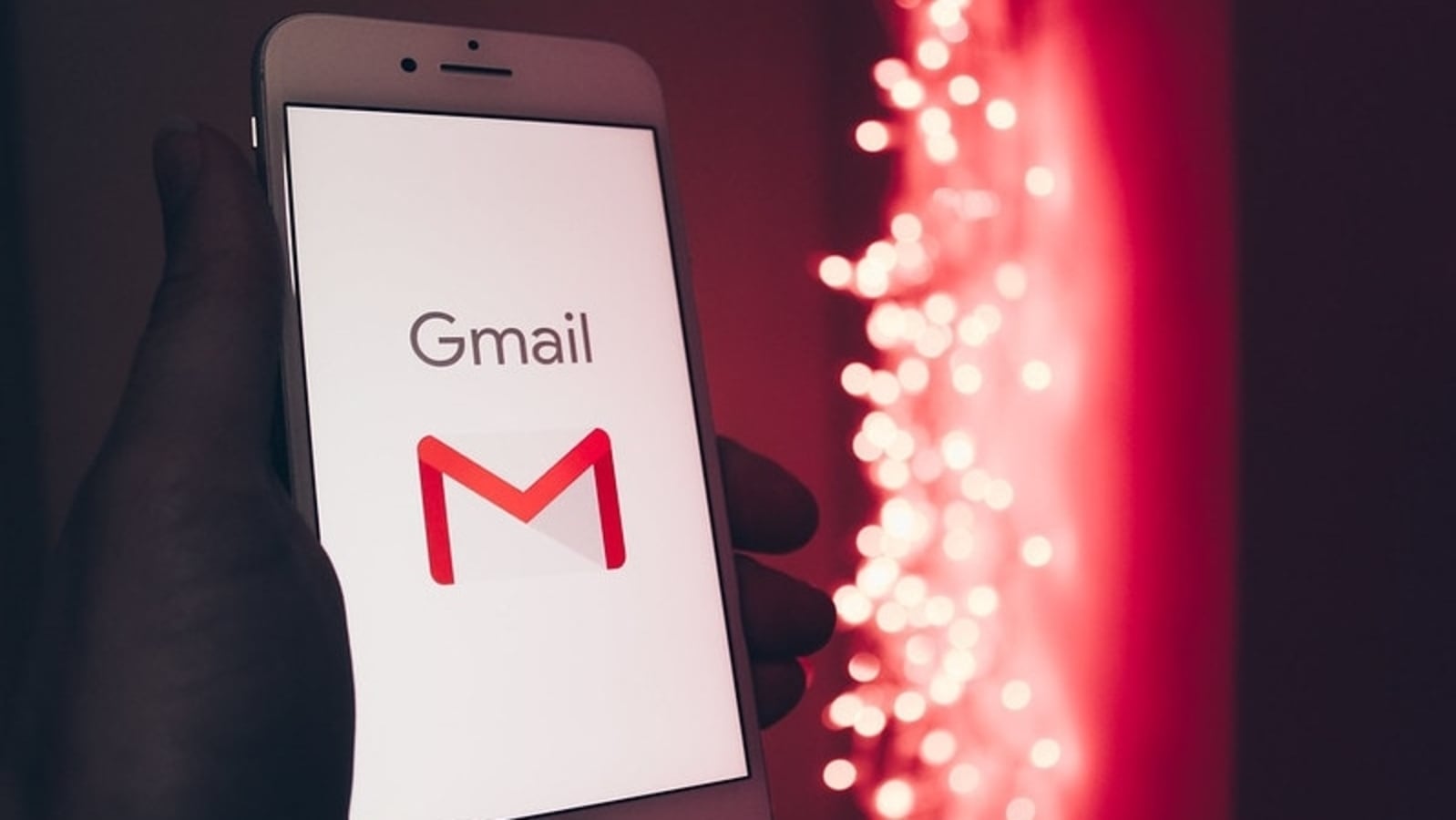Using Gmail? Beware of this new email scam, DON’T fall for these fake email, just do this
Beware of the new fake emails circulating on Gmail! If you have received any such email know what you should do. Don't fall for these fake emails

If you are using Gmail then know that a new email scam is being perpetrated online and it is here to steal your financial details. This is alarming as online fraudsters are taking advantage of concerns around the cost of living crisis. Action Fraud, the UK's national fraud and reporting centre reported that scammers are taking advantage of the opportunity of spiralling household bills to spread fake emails. The organisation has received more than 750 reports in just four days about new email scam. The fake email claims to be coming from Ofgem which is Britain's independent energy regulator, protecting consumers by working to deliver a greener, fairer energy system.
The fake email pretending to be the official sender from Ofgem tells the receiver how to claim a rebate from the government, worth hundreds of pounds to help pay their bills. The fake email is constructed in such a way that it mimics a genuine-looking email. To make the usersclick on the email, it further says that users have time until June 1, 2022, to claim the rebate. Along with this, the fake email carries a button that prompts users to apply for the energy bill scheme. This is how the fake email is designed to exploit consumers' concerns and cause them to fall into the trap in order to steal financial information.
Don't fall for the TRAP! Know what you should do
The warning by Action Fraud alerts consumers that if you receive the faux Ofgem email then you should forward it to the Government's Suspicious Email Reporting Service at report@phishing.gov.uk.
Not just the UK's national fraud and reporting centre, but Ofgem also issued advisory in the public interest about the scams that are trying to impersonate the organisation by asking for personal and financial information. The report further says that online fraudsters may try to contact consumers and ask for money. This can be even done through a phone call, on social media or with an email, via a pop-up message, or even by knocking at the door!
What should you do? The energy regulator informed that the organisation would never ask for personal information or come to consumers' property. If you find something wrong, then you should report the scam to Action Fraud. Or, in a rare case, if you have been the victim of these energy scams and shared your bank details, then you should immediately contact your bank.
Catch all the Latest Tech News, Mobile News, Laptop News, Gaming news, Wearables News , How To News, also keep up with us on Whatsapp channel,Twitter, Facebook, Google News, and Instagram. For our latest videos, subscribe to our YouTube channel.































